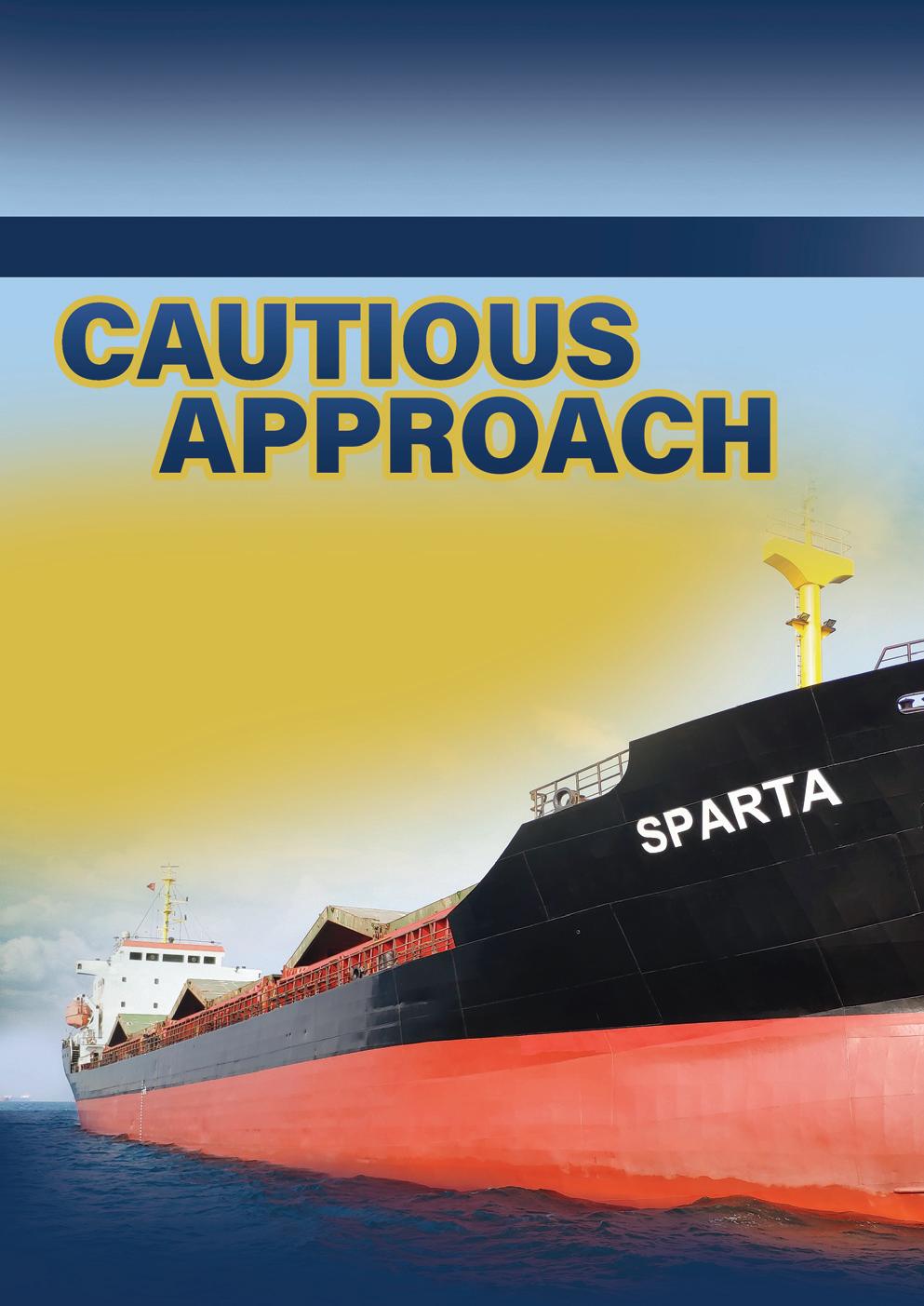
6 minute read
Dry cargo specialiat banks on cautious approach
INTRESCO I PROFILE
DRY CARGO SPECIALIST BANKS ON
Advertisement
Dry bulk and general cargo transport specialist INTRESCO LIMITED has continued to quietly get on with the job of timely delivery of its country’s key exports despite the growing uncertain geopolitical backdrop. Co-founder and director Maksym Khaulin, speaking to Andy Probert, asserted that having ridden the up and downs of the marine industry for 25 years, the company’s resilience continues to shine on while maintaining the highest shipping standards.
INTRESCO is a fighter, having survived the shipping industry’s deepest depressions of recent years. Now operating a fleet of 12 vessels and managing three others, it’s no wonder the company opts for a considered approach to business.
“INTRESCO is neither a family-owned company nor, as back in the day, tied to the state. It is a three-partner backed venture which has stood the test of time,” said co-founder and Director Maksym Khaulin. Achievement enough that he is still standing in its 25th year.
His first step on the rollercoaster of the marine industry was to walk away from a potential degree in banking and finance at Odessa Economical University.
“I was not the captain, the sailor or studying shipping in university. In the second year of study, and like many students at that time, I didn’t have enough money,” he recalled. “So I asked my father to find a job, any job, that I can work after the university. This was in 1994, and the only advantage I had was that I was fluent in English. At that time in Ukraine, it was a good and essential skill to have.”
Mr Khaulin joined a local tanker shipping company where he was taught different aspects of the industry.
“They didn’t have a dry cargo department, and I was invited to make a go of it. I started to liaise with charterers – with Greek, Turkish and Europeans – and having gained that experience in nine months, I opened my own company in 1995.”
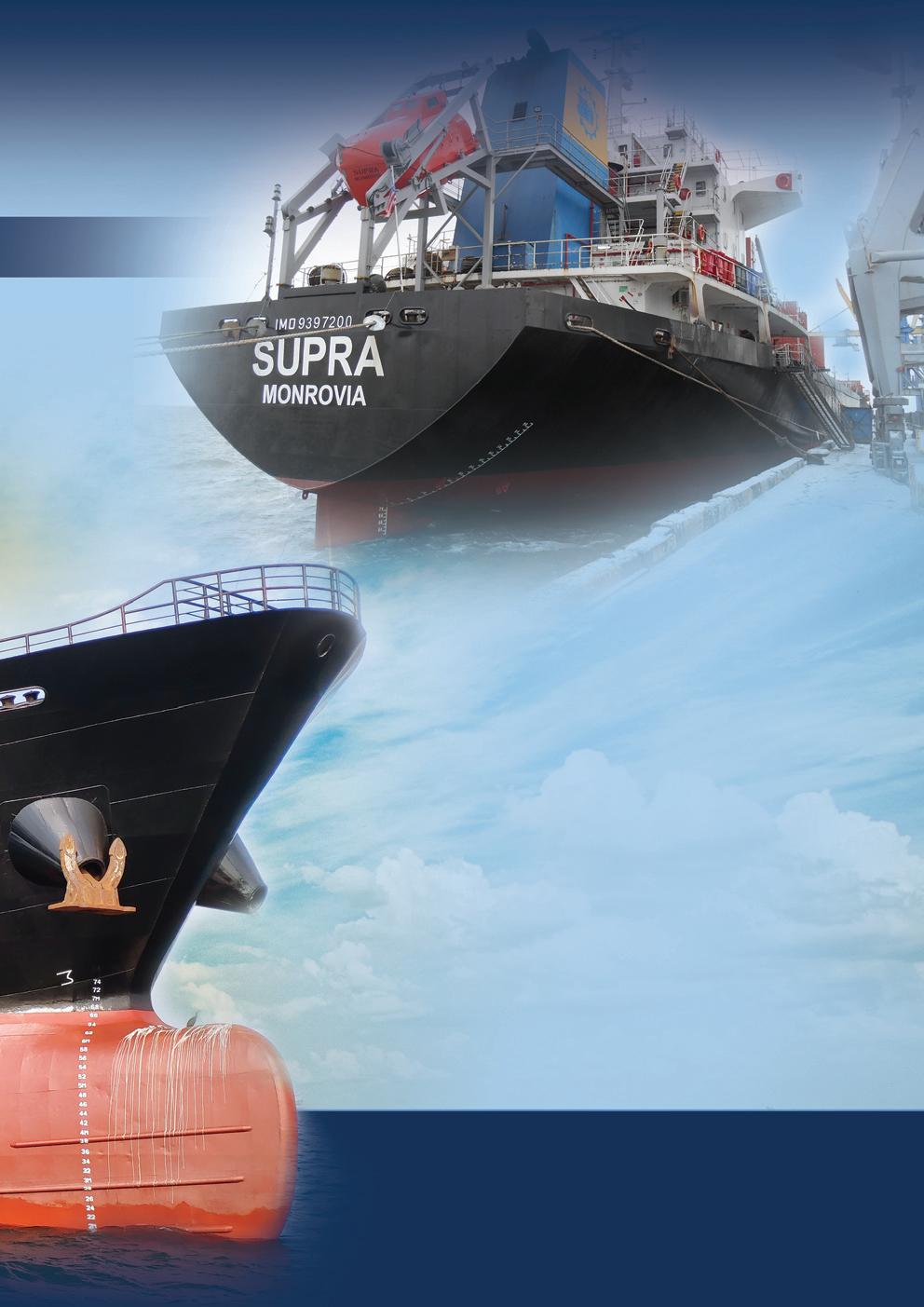
Future in shipping
Two years on, he met his two future business partners and together, they opened the International Repair and Shipping Company (INTRESCO). The company’s specialisation was ship repair and modernisation of vessels, followed by their commercial management.
By 1998, Intresco’s London office was opened to coordinate its shipping and ship repair business. Additionally, its first ship management contract was signed, and to support its general cargo transportation activities between the Black, Azov and Mediterranean seas, the company bought its first general cargo vessel, Sagitta, in 1999.
A branch office in Odessa, Ukraine, opened a year later to reflect its growth in technical management services.

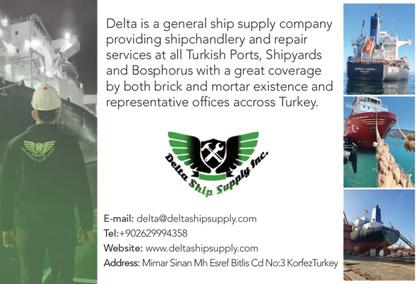

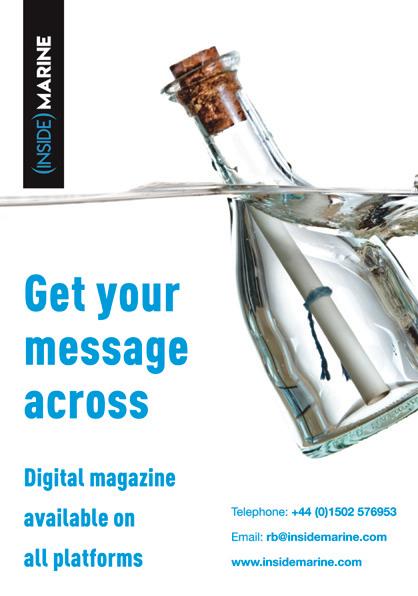
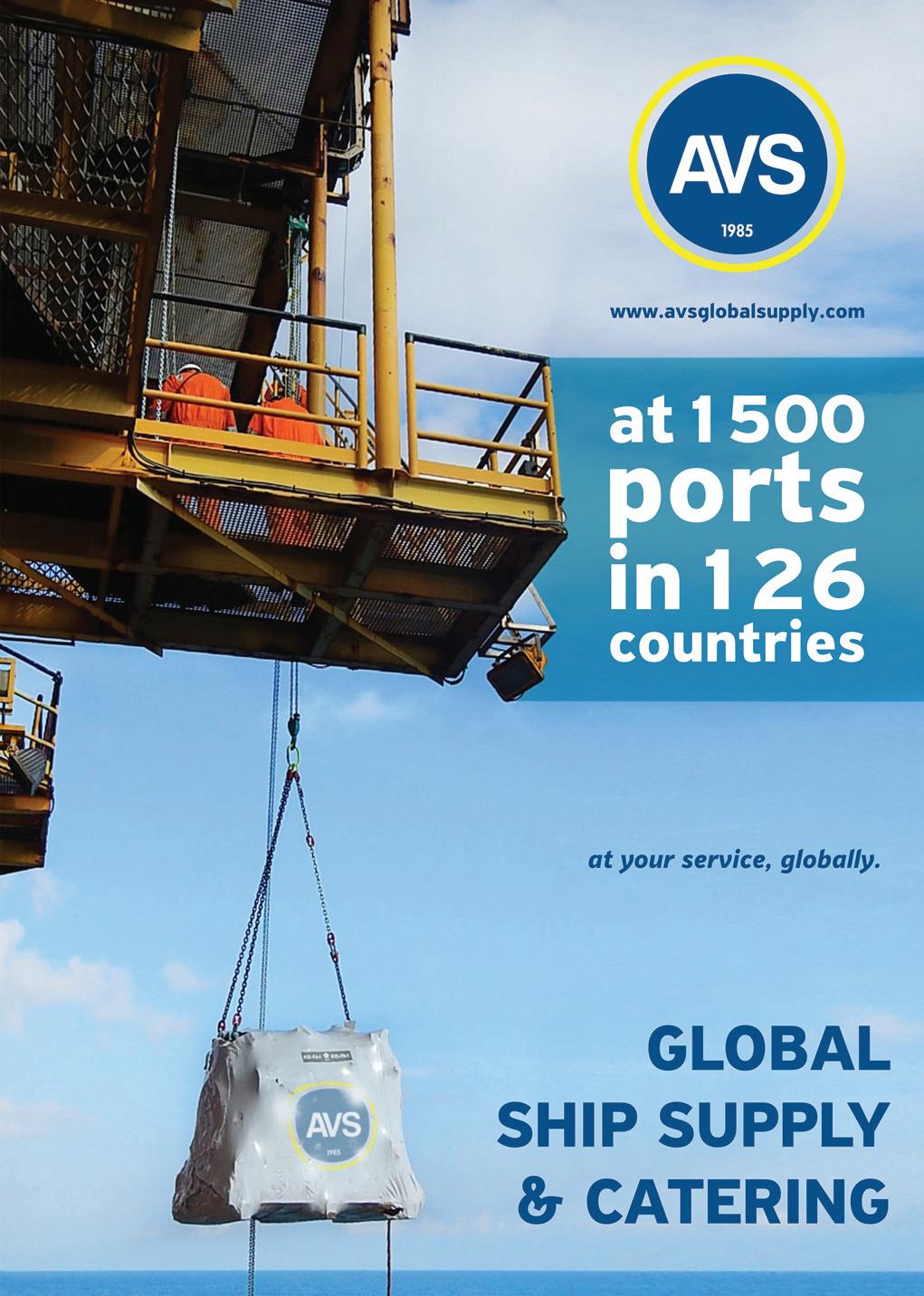
INTRESCO I PROFILE
“Our idea was that we obtained the funds, organised the ship repair for clients and then found commercial employment of the vessel,” Mr Khaulin succinctly explained. “This supported local owners and helped extend the life of their fleet.”
Despite economic crises in many countries, INTRESCO thrived and adopted many innovation projects.
“We changed fuel systems on vessels, moving from marine gas oil to heavy-duty fuel, which cost two or three times less,” he added.
Having specialised in Handysize vessels between 3,000 and 15,000 DWT, the company decided to diversify: operating smaller and bigger class vessels. This led to it buying the 45,000 DWT Handymax Selecta bulk carrier in 2001 and in June 2006 its first Supramax-bulk carrier, Santana.
Four months before the 2008 global financial crash, INTRESCO switched from ship repair to traditional ship management services. It was operating around 20 vessels, including 10 Handymax and Supramax bulk carriers, and had on order seven vessels worth $150 million.
Mr Khaulin admitted: “INTRESCO suffered a lot during that crisis. Eight years on, and despite battling to keep our bulk carrier division, we sold our last bulk carrier. The financial crisis had taught us many things.
“We reactivated INTRESCO in 2016 but this time around, we would focus on smaller Handysize vessels to enable us to find our niche and become a player in the market.”
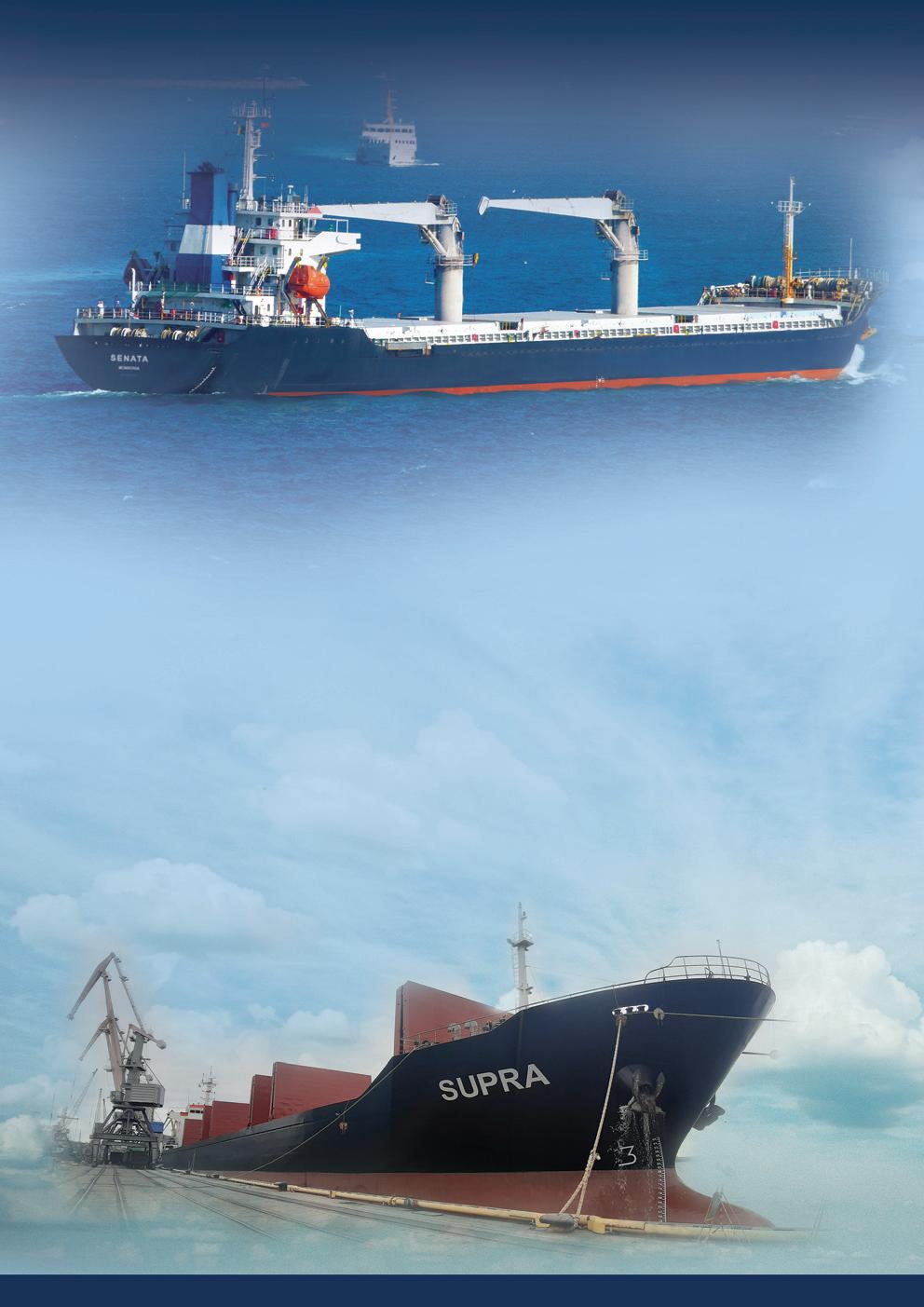
Bounce back
Today, its 12-strong fleet, with an average age of ten years, ranges between 10,000 and 20,000 DWT, and trades on the spot market. Vessels transport bulk and general dry cargo, such as grain, grain products, steel, fertilisers, petroleum coke, and other commodities along worldwide shipping routes. It also has three Handysize vessels under ship management.
He said: “Ukraine is a big exporter, so we decided to specialise in the transportation of these cargoes. Most of our trade, around 70%, is connected between the Azov, Black and Mediterranean markets. The other 30% is shipped from the Black Sea to the Baltic Sea and EU continent. We mainly deliver to Turkey, North Africa, Italy, Spain and the UK.
“We focus on running our vessels, which have less than normal fuel consumption and engine output. Our logistics are not based on fast delivery, but economical delivery of the cargo, meaning low carbon emissions.”
The company, which has been a member of the Baltic International Maritime Council since 2003, retains offices in Valletta,
Malta, and Odessa, Ukraine, which oversees ship management of bulk carriers and chartering of dry cargo vessels up to 20,000 DWT.
Its fully-integrated ship management services comprise vessel performance, focusing on safe and environmentally sound operations, high-quality maintenance programs and achieving customer goals. That includes everything from chartering, operation, repairs and dry docking, upgrading, technical maintenance and safety.
Commenting in general on the state of the marine industry, Mr Khaulin said: “Despite the new requirements in terms of carbon emissions and other issues, there is still not enough control and fulfilment of the control for the management of the older fleet.
“Unfortunately, we are still faced with a lot of corruption that supports the trading of these old vessels. This is a challenge for the safety of navigation and for us: when the market is going down, these vessels can still trade. These vessels operate without insurance, are poorly maintained and seafarers on them are being paid peanuts.”
In 2007, the company opened its own separate crewing services and maintains a pool of Ukrainian seafarers for its fleet. “One of the biggest challenges we face is the lack of crew and their experience,” he commented.
“Ukraine seafarers are in big demand because they are highly experienced, trained, versatile, and speak excellent English.” Another major challenge today is the region’s geopolitical climate.
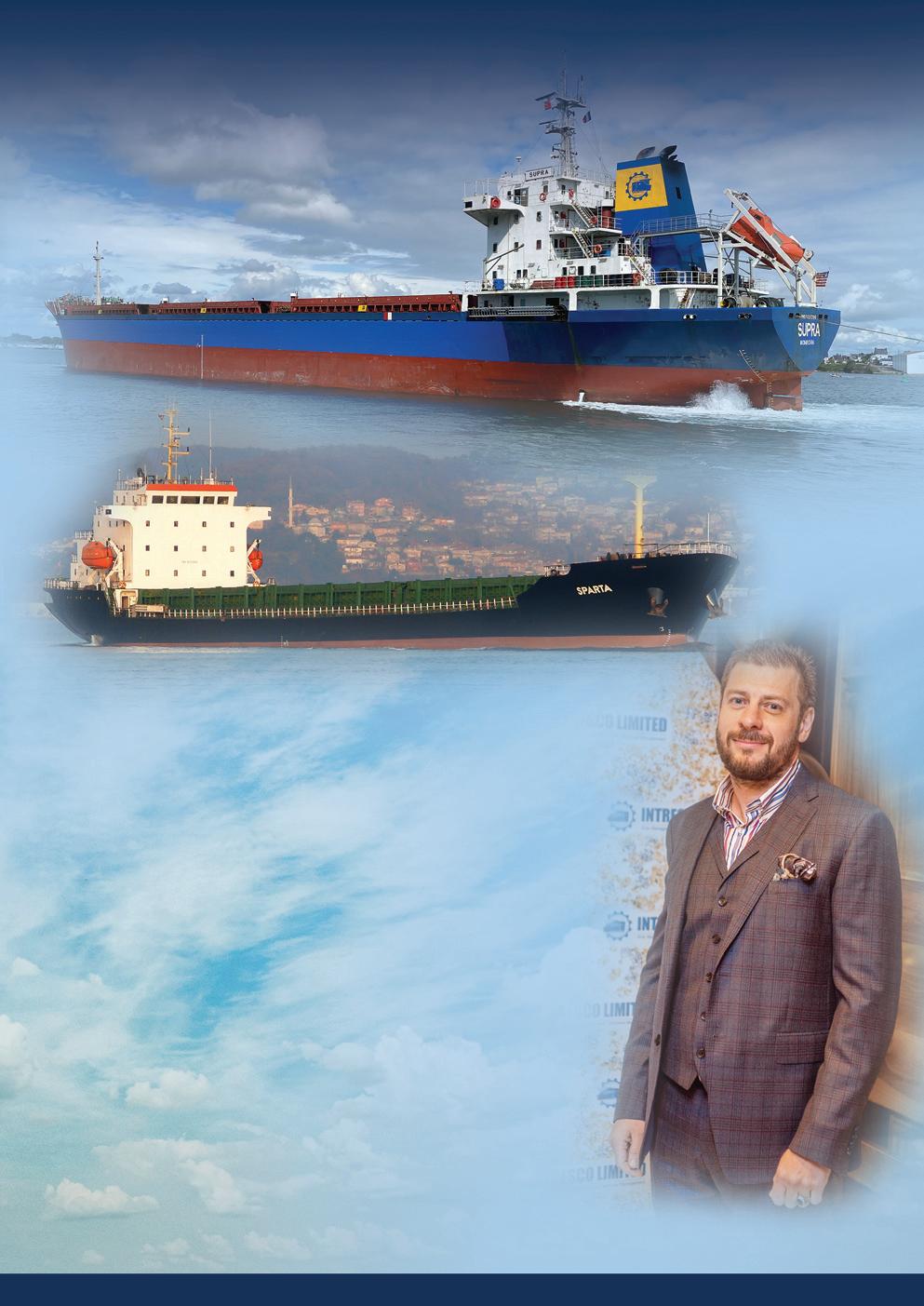
Maintaining an excellent reputation
He said: “INTRESCO has a reputation for providing excellent and expert technical services, our staff are highly trained and dedicated, and we have the experience necessary – the number one priority in the marine industry today.
“During the pandemic, our staff were very loyal to the company, and we never closed our offices. They were concerned about the management of the vessels and wanted to keep coming to the office to help out daily.”
Looking forward, Mr Khaulin said the company would like to see further expansion with a focus on modern Handysize vessels while retaining business in the dry cargo sector.
“Since 1997, we have maintained longterm relations with charterers, and this will help drive us on into the future. They know they can rely on us to deliver their cargoes without any problems,” he concluded. n










